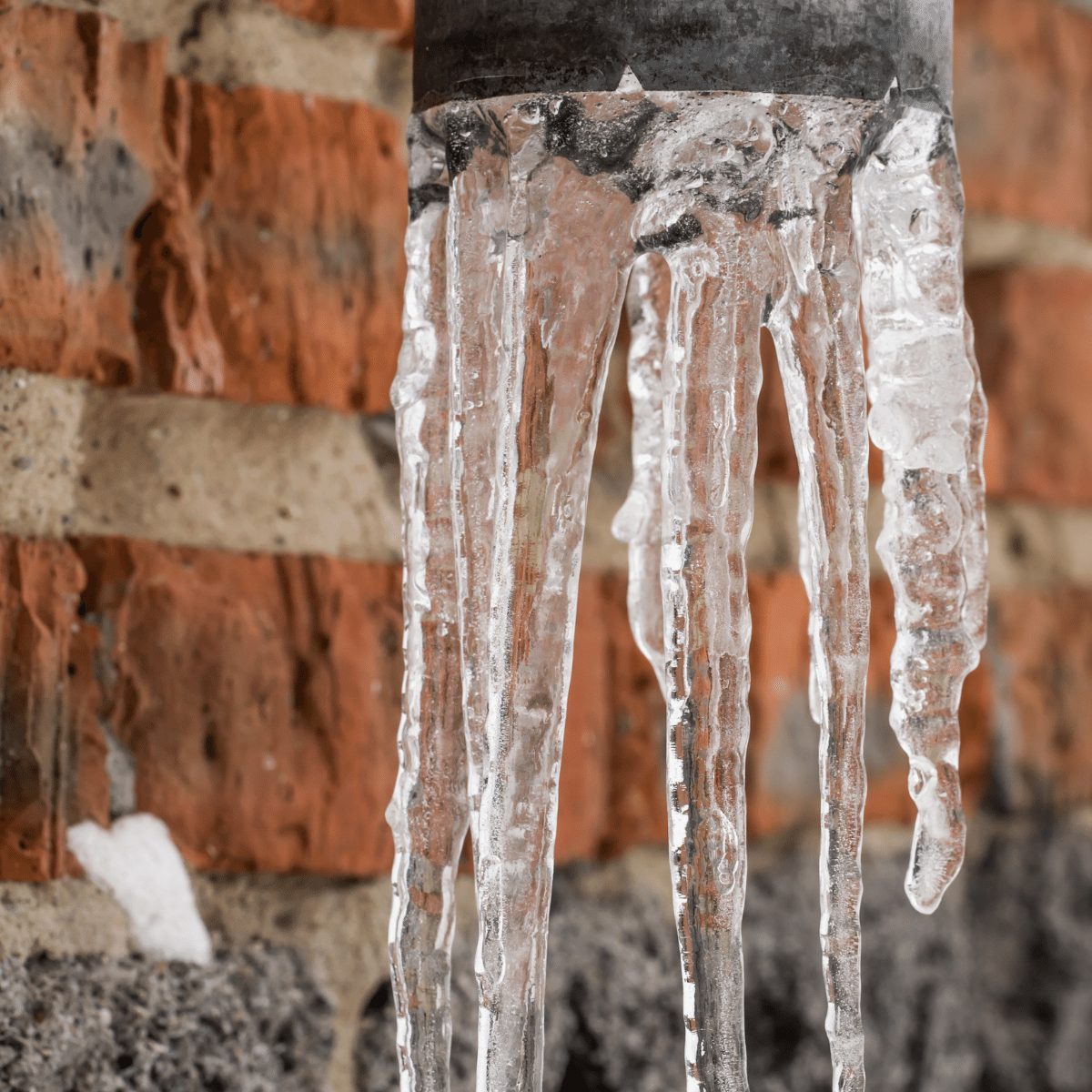Important Advice for Avoiding Frozen Pipes in Winter Seasons
Important Advice for Avoiding Frozen Pipes in Winter Seasons
Blog Article
This post directly below involving Prevent Frozen Pipes is relatively compelling. Give it a go and make your own results.

Cold weather can ruin your plumbing, specifically by freezing pipes. Here's exactly how to prevent it from occurring and what to do if it does.
Intro
As temperature levels decrease, the risk of frozen pipelines rises, possibly bring about expensive repair work and water damages. Understanding just how to avoid icy pipelines is essential for home owners in cold climates.
Prevention Tips
Protecting prone pipelines
Cover pipes in insulation sleeves or utilize warm tape to shield them from freezing temperatures. Focus on pipes in unheated or outside locations of the home.
Home heating techniques
Keep interior areas adequately heated, particularly locations with pipes. Open up closet doors to permit warm air to distribute around pipelines under sinks.
How to recognize icy pipes
Seek reduced water flow from taps, uncommon odors or sounds from pipelines, and noticeable frost on subjected pipelines.
Long-Term Solutions
Structural adjustments
Take into consideration rerouting pipes far from outside walls or unheated locations. Add added insulation to attics, basements, and crawl spaces.
Updating insulation
Purchase top quality insulation for pipelines, attic rooms, and walls. Proper insulation aids maintain constant temperature levels and minimizes the risk of icy pipelines.
Safeguarding Exterior Pipes
Yard hoses and exterior taps
Disconnect and drain yard tubes before wintertime. Install frost-proof spigots or cover exterior faucets with insulated caps.
Comprehending Frozen Pipes
What causes pipelines to ice up?
Pipelines ice up when revealed to temperature levels listed below 32 ° F (0 ° C) for extended durations. As water inside the pipes ices up, it expands, taxing the pipe walls and potentially triggering them to burst.
Threats and damages
Icy pipes can cause supply of water disturbances, residential property damage, and costly fixings. Burst pipes can flooding homes and create substantial structural damages.
Signs of Frozen Pipes
Recognizing icy pipelines early can stop them from breaking.
What to Do If Your Pipes Freeze
Immediate activities to take
If you presume frozen pipelines, keep taps open to alleviate pressure as the ice thaws. Utilize a hairdryer or towels soaked in warm water to thaw pipes gradually.
Verdict
Avoiding icy pipelines requires proactive steps and fast reactions. By recognizing the causes, indicators, and preventive measures, house owners can shield their plumbing during winter.
5 Ways to Prevent Frozen Pipes
Drain Outdoor Faucets and Disconnect Hoses
First, close the shut-off valve that controls the flow of water in the pipe to your outdoor faucet. Then, head outside to disconnect and drain your hose and open the outdoor faucet to allow the water to completely drain out of the line. Turn off the faucet when done. Finally, head back to the shut-off valve and drain the remaining water inside the pipe into a bucket or container. Additionally, if you have a home irrigation system, you should consider hiring an expert to clear the system of water each year.
Insulate Pipes
One of the best and most cost-effective methods for preventing frozen water pipes is to wrap your pipes with insulation. This is especially important for areas in your home that aren’t exposed to heat, such as an attic. We suggest using foam sleeves, which can typically be found at your local hardware store.
Keep Heat Running at 65
Your pipes are located inside your walls, and the temperature there is much colder than the rest of the house. To prevent your pipes from freezing, The Insurance Information Institute suggests that you keep your home heated to at least 65 degrees, even when traveling. You may want to invest in smart devices that can keep an eye on the temperature in your home while you’re away.
Leave Water Dripping
Moving water — even a small trickle — can prevent ice from forming inside your pipes. When freezing temps are imminent, start a drip of water from all faucets that serve exposed pipes. Leaving a few faucets running will also help relieve pressure inside the pipes and help prevent a rupture if the water inside freezes.
Open Cupboard Doors
Warm your kitchen and bathroom pipes by opening cupboards and vanities. You should also leave your interior doors ajar to help warm air circulate evenly throughout your home.

I stumbled upon that post on How to prepare your home plumbing for winter weather when browsing the search engines. Please take the opportunity to distribute this blog posting if you enjoyed reading it. Thanks for your time invested reading it.
Click Here Report this page